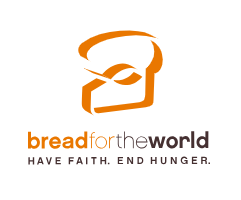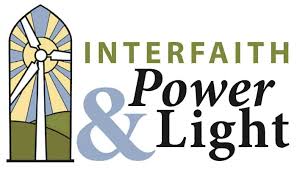
Picture courtesy of water.oikoumene.org
The World Council of Churches Ecumenical Water Network has created a campaign “Seven Weeks for Water” to provide weekly reflections and other resources on water for the seven weeks of Lent. Each reflection starts with a scripture and then the author’s reflection. There are also reflection questions for the reader and possible actions to take.
The first reflection, “Challenging gendered water: an important step towards women’s empowerment” is by Renemsongla Ozukum, a theologian and a member of the Baptist Church Council, Nagaland India. The reflection is focused on John 4: 4-26: And Jesus said to her, “I am the Living Water”..…everyone who drinks the water will never be thirsty again.
The second reflection, “Pilgrimage of water justice in the context of India” is by Dr.Geevarghese Mor Coorilos, Bishop of Niranam diocese of the Jacobite Syrian Orthodox Church in India. He also serves the World Council of Churches as Moderator of the Commission on World Mission and Evangelism. His reflection comes from John 4:1-30: Samaritan Woman at the Well.
The third reflection, “God’s Gift of Water” is by Grace Ji-Sun Kim. She is an ordained minister of PC (USA) and works as an Associate Professor of Theology at Earlham School of Religion. She is also part of the World Council of Churches working group on climate change. Her reflection comes from Isaiah 44:3 For I will pour water on the thirsty land, and streams on the dry ground…
The fourth reflection, “Stigma and discrimination: an impediment to human right to water, with specific reference to Casteism in India” is by Rev. Dr Raj Bharat Patta. He is an ordained minister of the Andhra Evangelical Lutheran Church in India and served the Student Christian Movement of India as its national General Secretary. He has also worked for the National Council of Churches in India as one of its Executive Secretaries. His reflection narrates the story of Hagar through her voice, when she was left in the desert to fend for herself without an adequate supply of water to survive with and to keep her son Ishmael alive. Patta, draws similarities between the Dalit communities in India and that of Hagar, when it comes to access to water.
The last three reflections are as follows: “Secure water for food security and climate adaptation”, “Leaving no one behind: the crux of water for all in the context of SDG 6”, and “Privatisation of water: an onslaught to human right to water in Asia”. These will be available at the beginning of each of the coming weeks. To read more about the Seven Weeks of Water, click here.










